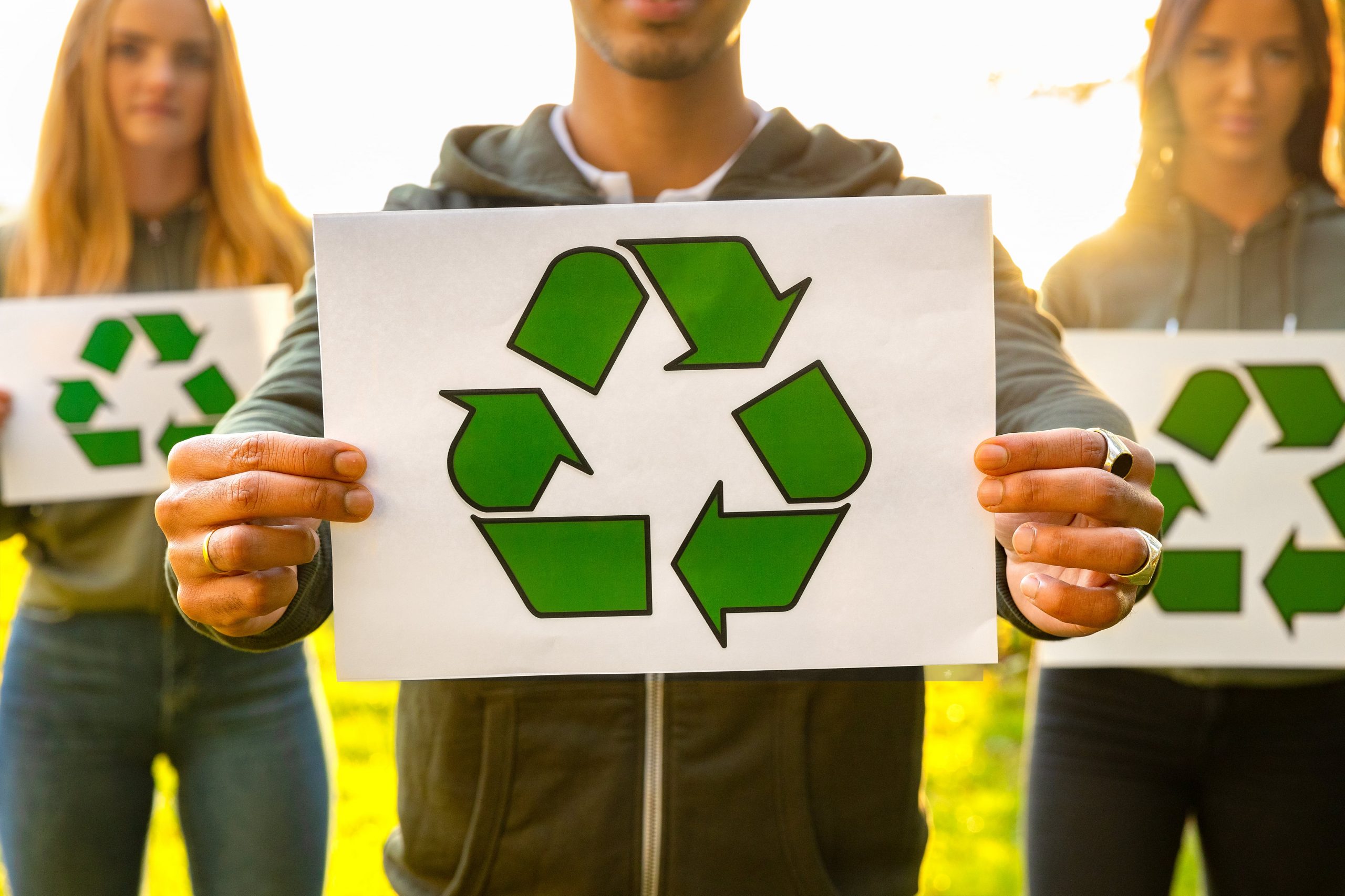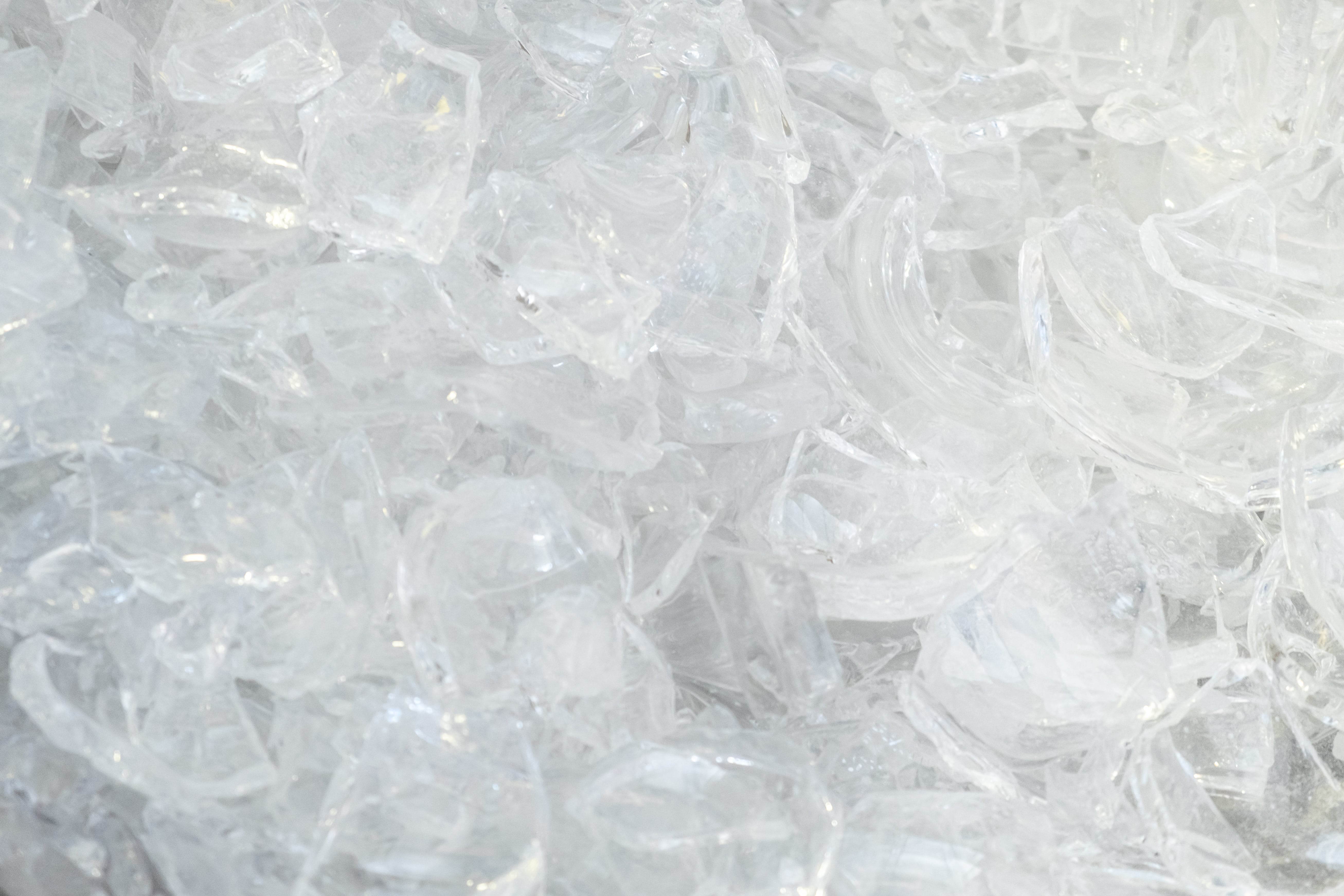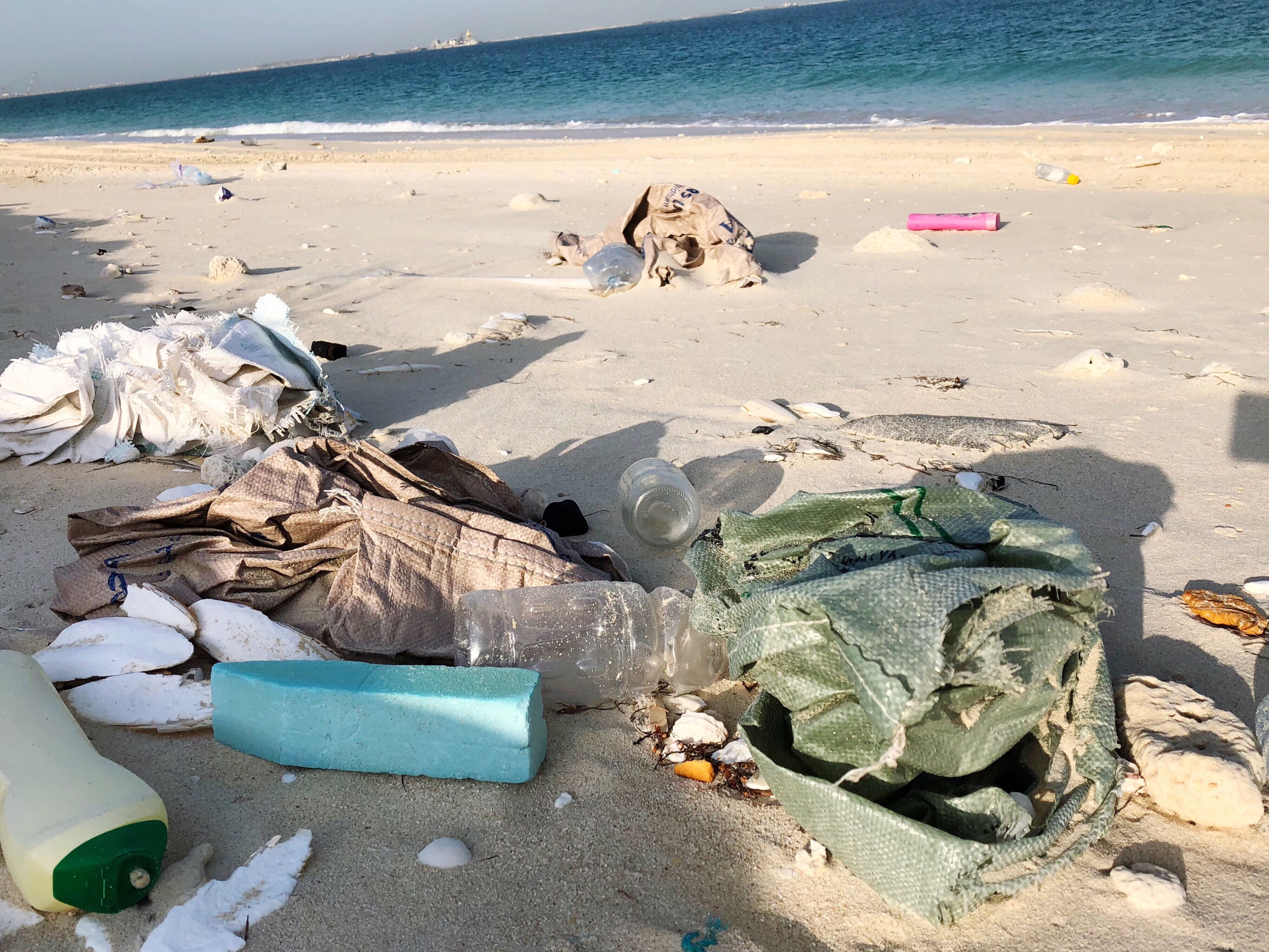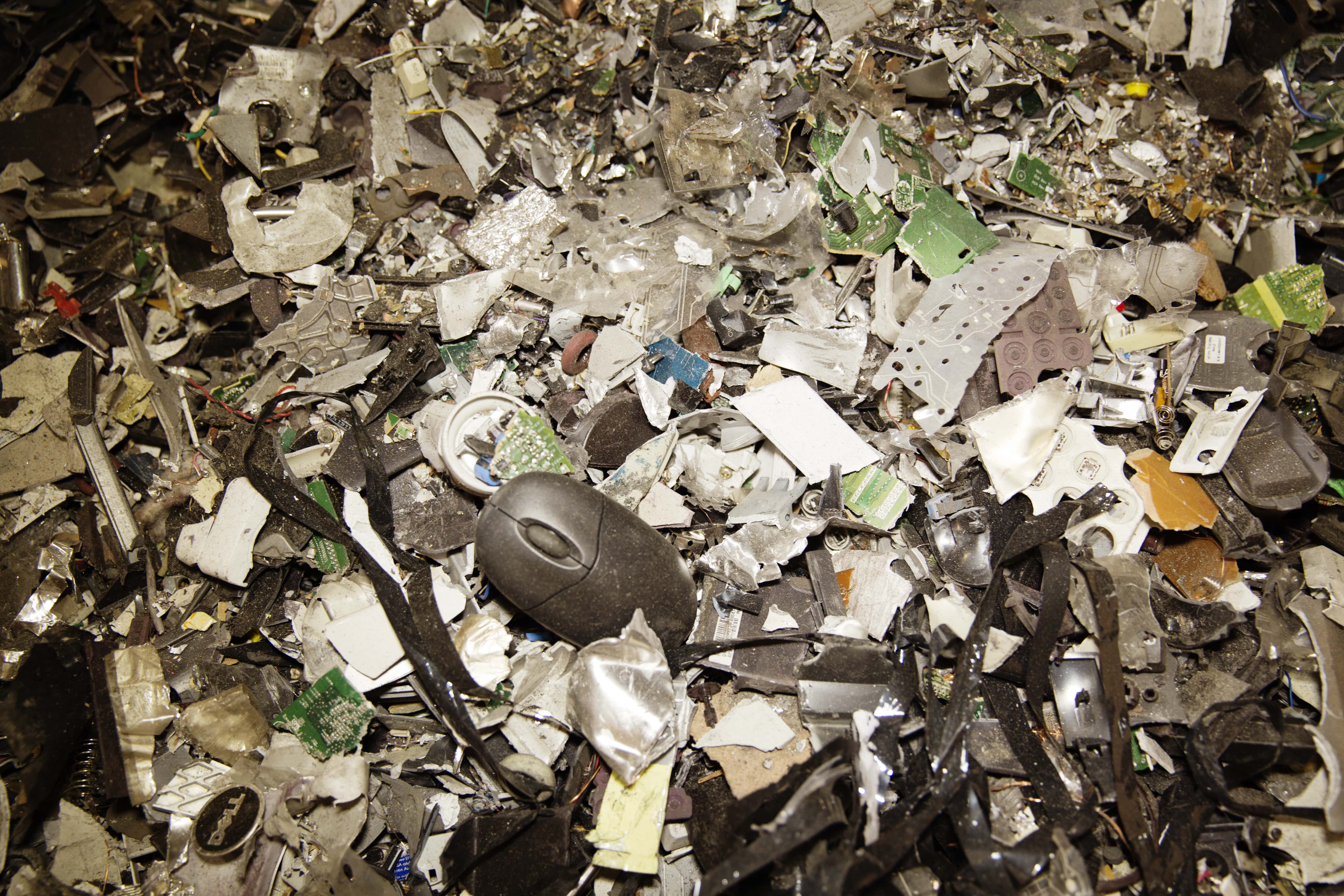Waste & material traceability solution for sustainable facilities

Most of us know that recycling turns a used product into something else or its original form, like some kind of magic with the help of high technology! As a component of the three R’s rule, it helps to minimize the tremendous amount of waste that is hard to control and threatens the planet’s health. Additionally, it’s the best simple, ethical, and helpful thing we can do to fix human-made damage, starting at the individual level! Yet, there is more to the story. Are you wondering what are some little-known facts about recycling and waste management? If you think why recycling important facts have the potential to change our minds, let’s explore!
We hear a few things as often as this phrase: Reduce, reuse, recycle. Still, this precious awareness work can be understated. Some say that the cost of recycling and the result are not worth the effort. Better think again! Recycling is the top action, without exception, that we can do individually and socially to prevent environmental and economic crises. The most significant direct benefit of and interesting facts about recycling to avert the climate crisis is the reduction of greenhouse gas emissions (GHG). So, how does recycling decrease greenhouse gas emissions?
This way, we avoid a fundamental problem by minimizing the waste accumulated in landfills, namely, landfill emissions. In addition, instead of a useless field that grows too large and threatens the health of the living things around it, we can use these lands more helpfully. Of course, this part is just the beginning!
Recycling also saves money and natural resources by reducing the energy spent on new products and greenhouse gas emissions. The energy consumed for recycled products is much lower compared to virgin materials. In other words, recycling:
Still, there is more!
The world is on the verge of a new turning point. As the pandemic has shown, if we continue to produce and consume in this way, what we have experienced for two years will be just the beginning! The mobilization of the whole world to keep global warming below 1.5 degrees until 2050 is based on the circular economy model established on reusing and efficient resource management. The basis of this is, of course, recycling!
Overall, recycling now has more profound and groundbreaking meanings than we’ve been taught since childhood. Although companies stay away from the circular economy in terms of profit maximization and postpone establishing the necessary infrastructure, they overlook a vast thing. The cost of delaying is greater than financing, and this persistence endangered our future. How does? Let’s look at interesting facts about reduce, reuse, and recycle principles and see why we should hurry.





Evreka stands out with its sustainable waste management software to work for a better world by following the trends and needs, especially in recycling. Its success, particularly in the field of e-waste (WEEE), has been confirmed in Singapore. Evreka is responsible for the management of all electronic waste there. Whatever your needs, Evreka is at your service with customizable, end-to-end, and agility-optimized solutions that comply with all legal obligations!
Evreka sees waste management as a part of a larger framework with the perspective of sustainable development. Hence, Evreka Crew is at your side in recycling as well as collecting and transporting waste. The MRF Management solution will make your work in recycling centers and waste management facilities easier than ever before!
Do not delay, contact us today to meet Evreka’s world of intelligent and efficient sustainable waste management!